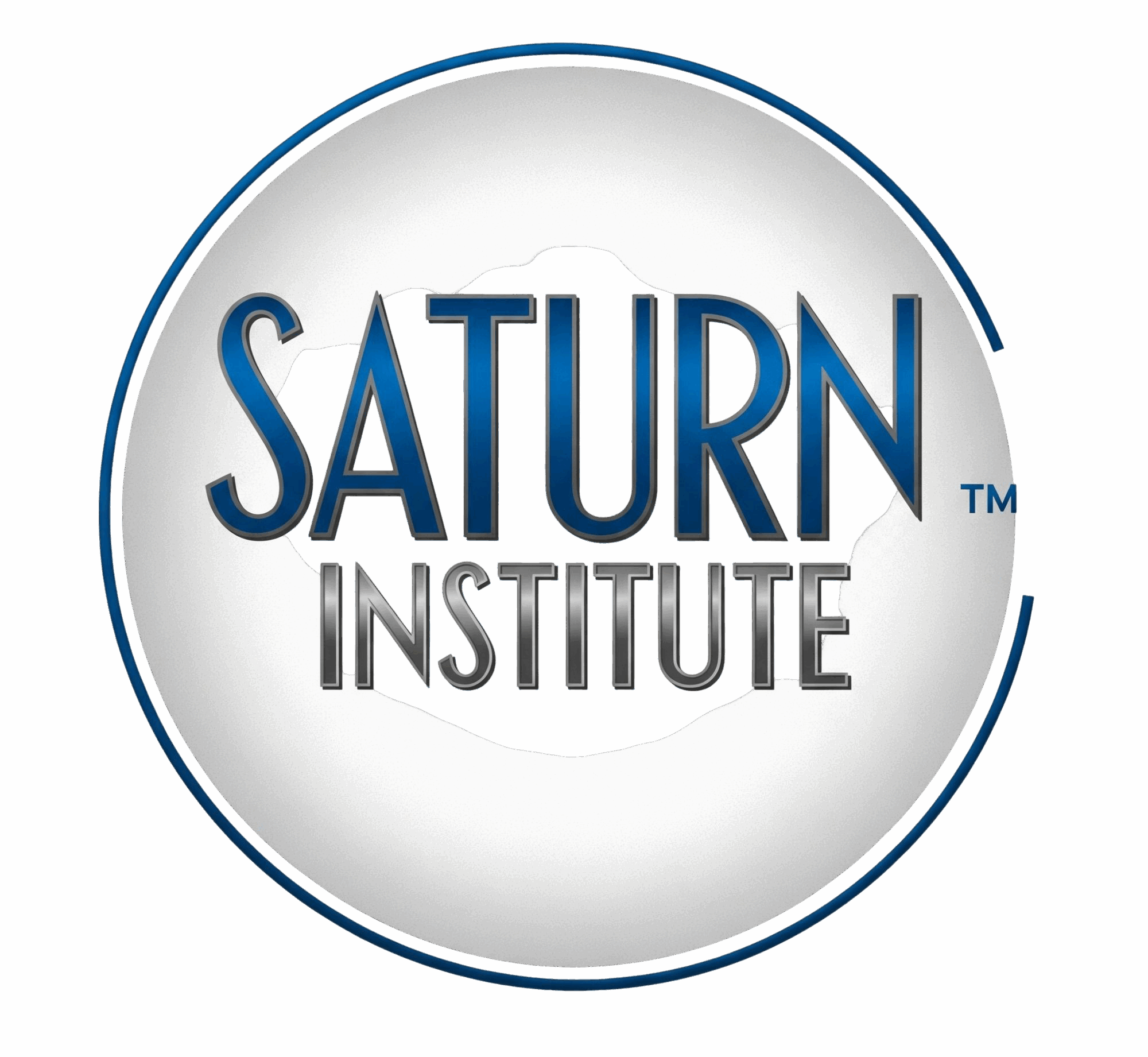The Saturn Institute, an 8-acre agricultural learning campus in Pontiac, Michigan, housed within a 100,000 sq ft building divided into four quads (Conservatory, Learning Campus, Research, and Development), will operate as a state-of-the-art educational hub with a multifaceted business model. Its focus on agriculture, community engagement, and shared services with local school districts positions it as a unique and valuable asset.
Core Business Model Principles:
- Education & Certification: The primary revenue stream will come from course fees for certificate programs and workshops.
- Produce Sales: Revenue generated from the sale of farm-grown produce at local markets.
- Community Engagement & Tourism: Leveraging public-facing amenities like the Sanctuary Garden and The Bee Box for potential events, tours, and small fees.
- Shared Services/Partnerships: Revenue or in-kind contributions from partnerships with local school districts for educational programs and facility use.
- Research & Development Grants: Pursuing grants and funding for agricultural research and development initiatives.
- Retail/Merchandise: Potential for a small gift shop selling honey from The Bee Box, institute-branded merchandise, or agricultural tools.
Course Offerings & Target Audiences:
The Saturn Institute’s diverse facilities allow for a wide range of courses catering to various age groups and skill levels.
I. Learning Campus (Certificate-Type Achievement & General Education)
This quad will be the heart of formal education, offering structured programs leading to certificates.
- Target Audience: Adults seeking career changes, aspiring farmers, small business owners, high school students (through partnerships), and general public interested in hands-on learning.
- Course Examples:
- Sustainable Agriculture Certificate Programs:
- Organic Farming Principles & Practices
- Urban Farming & CSA Management
- Hydroponics & Aquaponics
- Permaculture Design
- Farm Business Management & Marketing
- Soil Science & Nutrient Management
- Pest & Disease Management (Integrated Pest Management)
- Specialized Workshops:
- Beekeeping Basics (linking to The Bee Box)
- Composting & Vermiculture
- Seed Saving & Propagation
- Home Garden Design & Maintenance
- Food Preservation & Canning
- Culinary Arts (utilizing campus produce)
- Farm-to-Table Cooking Classes
- Youth Programs (in partnership with local school districts):
- “Junior Farmer” after-school programs
- Summer agricultural camps
- STEM-focused agricultural workshops for K-12
- Horticulture clubs
II. Conservatory (Horticulture & Plant Science Focus)
Leveraging the unique environment of the conservatory for specialized botanical and plant-focused courses.
- Target Audience: Enthusiasts, budding botanists, students interested in plant science, landscape designers, and home gardeners.
- Course Examples:
- Greenhouse Management
- Orchid Care & Cultivation
- Tropical Plant Care
- Plant Identification & Taxonomy
- Botanical Drawing & Illustration
- Floral Design
- Propagation Techniques (advanced)
III. Research Quad (Advanced & Specialized Training)
This quad will host more advanced, potentially grant-funded, and highly specialized courses or workshops.
- Target Audience: Agricultural professionals, university students (potential partnerships), researchers, and individuals seeking cutting-edge knowledge.
- Course Examples:
- Agricultural Biotechnology Basics
- Precision Agriculture Technologies
- Data Analysis for Farm Management
- Advanced Crop Breeding Techniques
- Agricultural Robotics & Automation
- Climate-Resilient Farming Strategies
- Grant Writing for Agricultural Projects
IV. Development Quad (Entrepreneurship & Innovation)
Focus on developing new agricultural products, practices, and businesses.
- Target Audience: Agri-entrepreneurs, food innovators, small business owners, and individuals looking to commercialize agricultural ideas.
- Course Examples:
- Agri-Business Startup Workshop
- Product Development for Niche Markets
- Value-Added Agricultural Products (e.g., jams, sauces, natural dyes)
- Supply Chain Management for Small Farms
- Branding & Marketing Agricultural Products
- Legal & Regulatory Aspects of Food Production
V. Union (Common Area & Community Engagement)
While not a dedicated teaching quad, the Union and other public spaces will facilitate informal learning and community engagement.
- Activities:
- Community workshops (e.g., cooking demonstrations with campus produce)
- Guest speaker series
- Farmer’s markets (on-site)
- Networking events for local farmers and food entrepreneurs
- Educational tours of The Bee Box and Sanctuary Garden
By offering a comprehensive range of courses and leveraging its unique facilities, the Saturn Institute is poised to become a leading center for agricultural education and innovation, serving a broad community and fostering sustainable practices in the region.
